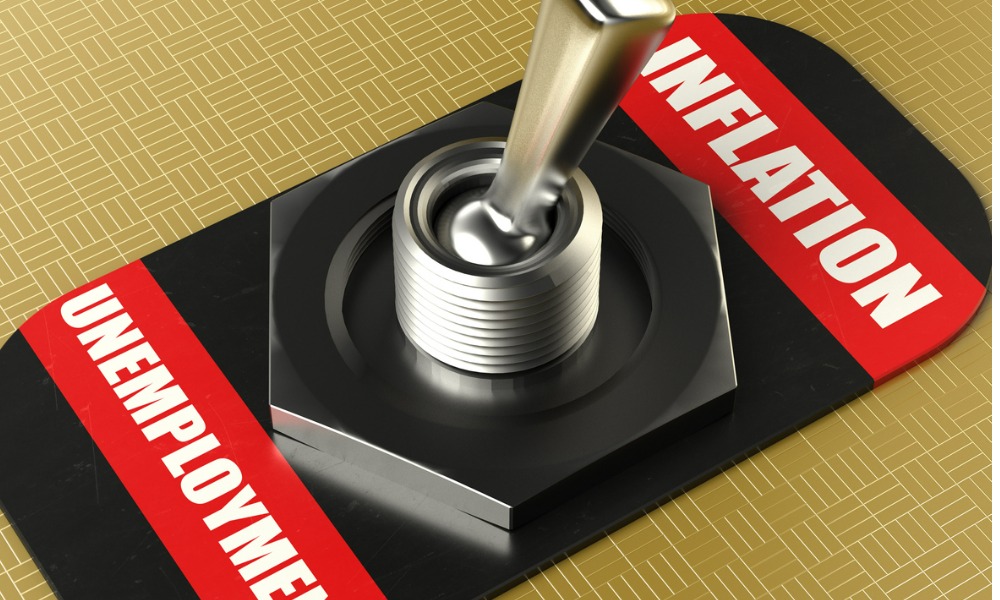Policy experts pose two major questions following Bank of Canada's drastic policy rate move

By lifting its overnight rate target by 100 basis points to 2.5% last week, the Bank of Canada broadened the scope of its interest rate rises. The target rate is currently higher than it has ever been since before the financial crisis in 2008, a raise that high not seen since 1994.
In an open letter to the Bank of Canada Governing Council, Steve Ambler and Jeremy M. Kronick of C.D. Howe Institute said with growing fears of a recession following the increase in interest rates on mortgages and other markets, two crucial questions must be asked.
“First, is the blunt overnight rate the only inflation-fighting option? Second, how bad will the recession need to be to bring inflation back down?”
There aren't any good alternatives, which is regrettably the answer to the first question. But the potential recession might not be as severe as initially anticipated.
Ambler and Kronick noted warnings against raising interest rates from some analysts, who believe that rising oil prices brought on by the conflict in the Ukraine and congested supply chains are the main source of Canada's inflation. Believing inflation today is mainly a supply-side issue, they support a wait-and-see strategy and believe that rate increases are mostly ineffective.
But although supply issues are important, the two argued against fixating on them, noting that inflation results from an imbalance between supply and demand for goods and services. In May, the Bank of Canada's target range of 1-3% was exceeded by inflation for more than 70% of the products and services included in the consumer price index, an average indicator of how much households spend for goods and services.
To Ambler and Kronick, it is not surprising that inflationary pressures are so pervasive. During the pandemic, money growth rates reached 40-year highs, and the size of chequing and savings accounts grew to new heights.
Money in excess loses value, which results in higher pricing. By slowing bank loans, for instance, higher interest rates will restrain the increase of the money supply. As households save more money, spending will decrease, which will lower inflation.
“Is a possible recession a worthwhile tradeoff for lower inflation? Most economists subscribe to the idea that … to tame inflation, we need to bring economic growth to heel, which causes unemployment to go up,” Ambler and Kronick said. Taking a dose of recession to bring price surges under control, they said, will disproportionately hurt lower-income households, forcing them to make difficult choices.
However, when high inflation continues, purchasing power will be reduced further, requiring the same lower-income people to make the same trade-offs.
It will also be more difficult to control inflation in the future as high inflation gets ingrained in expectations. Governments also have instruments to help during recessions but these tools are far weaker and frequently ineffective when trying to combat increasing inflation.
“It is a bad trade-off, which underscores why inflation targeting is so important,” they said. “These hikes are going to hurt, but they are the only option we have.”



